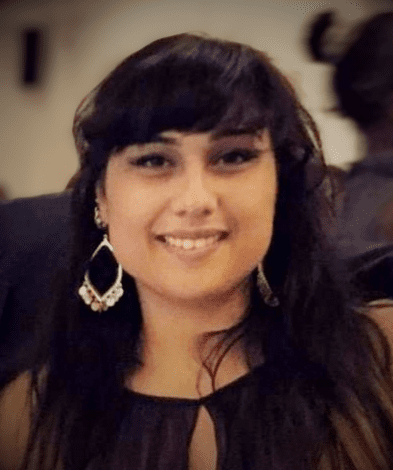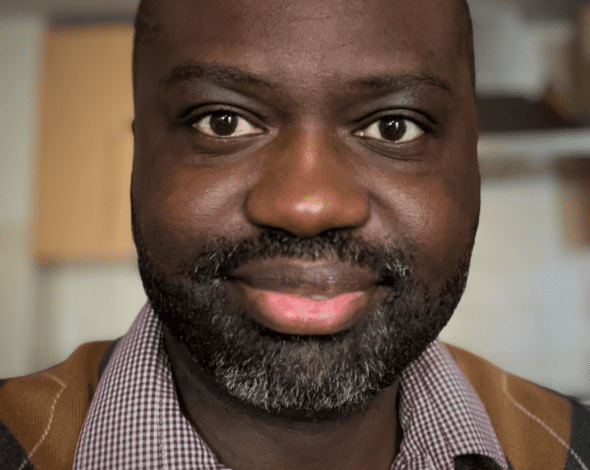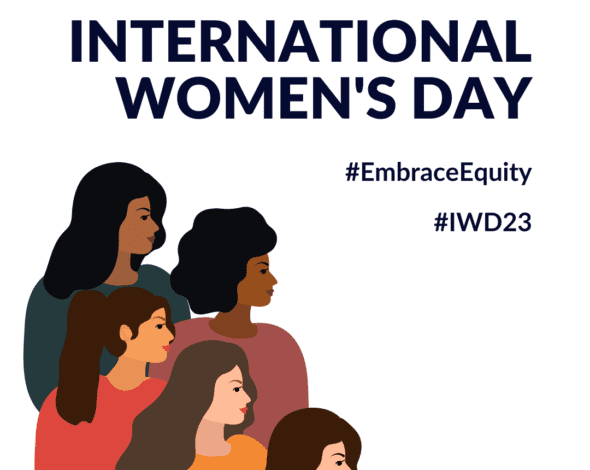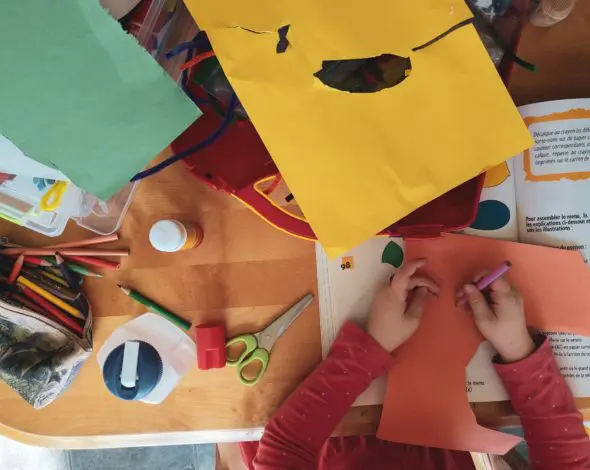Wilson joined the social work profession in 2010. He worked as a children’s protection social worker, senior practitioner and locum social worker, before deciding to return to local authority work full-time and focusing on mental health. Wilson completed his approved mental health professional (AMHP) training in 2017 and today works as a team manager with his local AMHP Service. Here, he reflects on what he’s learnt in the past year, the AMHP identity, social work week’s theme and what’s next for the AMHP profession.
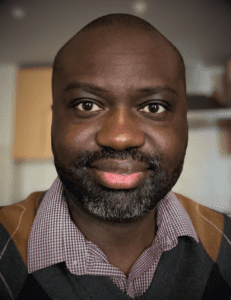 Wilson, please share your reflections on what the past year has taught you.
Wilson, please share your reflections on what the past year has taught you.
Two of the biggest lessons I have learnt both personally and professionally are that I need to listen more, and work on being genuinely strengths-focused, knowing that prioritising my own concerns or worries may prevent others from taking positive risks.
The significance of these lessons came from my personal life; a close family member suffered a stroke at the end of 2021, which brought her life-changing consequences. She had to leave her high-flying job, and spent the best part of 2022 working hard on her recovery. When she was discharged from hospital, she told me she wanted to go back to work. I was worried; I told her you need to take it easy, consider volunteering or working part-time instead. Thankfully she didn’t listen to me, she went back to work full-time and she’s thriving.
Listening and focusing on strengths have always been important parts of my practice, but my family member’s experience has brought these themes into even sharper focus for me. There are more complex layers in my professional practice of course, but I am more mindful of actually hearing and trusting people when they say they are certain they can handle their situation, as well as resisting the urge to give greater weight to worst-case scenarios and taking control when I don’t need to.
Please share your reflections on the AMHP identity.
I think social justice is a big part of the AMHP identity. I was sceptical when I was training to be an AMHP that it truly was a part of the role, but I have come to realise it is. Making sure the voice of the person is heard, in a system that can be disempowering, goes hand in hand with the job.
To give an example of this, I was recently asked to assess a service user who had been discharged from hospital into residential accommodation on a Community Treatment Order (CTO). There was a complex interplay between their psychiatric and medical needs, and they had been recalled to hospital on several occasions. My feeling was they had issues that were not being attended to and the CTO was not effective for them. I did my own analysis and saw it was also quicker for the person to be assessed under the Mental Health Act, so I advocated for this approach. It felt good to think differently about the situation instead of returning the person to hospital, which was not serving a purpose for them. Coincidentally, I came across an article later that week that talked about abolishing CTOs from the Mental Health Act in most cases, for similar reasons.
What are your thoughts on this year’s World Social Work Day theme: respecting diversity through joint social action.
I think this speaks to coproduction, at an individual as well as societal level. At an individual level, it means considering the person in context and working with them to coproduce solutions that work best for them; understanding a person’s unique diversity needs means that any strengths linked to their community, culture and context, can be leveraged as part of a strengths-based response to their challenges. The individual experiences of people who share similar characteristics may come together to help our organisations, as well as our profession, provide more responsive, less discriminatory services, leading to stronger, healthier and more connected communities.
To give an example, I arrange learning forums for AMHPs in my area. I had noticed that male victims of domestic abuse were treated differently to female victims. We recognise that domestic abuse contributes to poor mental health in women, but this wasn’t picked up as readily for men. I linked our Service with a charity that supports male victims of domestic abuse, and we organised a forum, which helped us learn more about the ways men are affected and how best we can support them. We organised a similar forum recently with the LGBTQIA+ community. The next step for us will be inviting service users to our forums, so lived experience also flows through our interventions.
What’s next for the AMHP profession?
I think the proposed amendments to the Mental Health Act will be a big focus for us. There will be a lot to consider, such as the change from Nearest Relative to Nominated Person, and the meaning of therapeutic benefit.
I believe we also have a lot to consider about the interface between the Mental Health Act and the Mental Capacity Act. I know that some people see the Mental Capacity Act as more human rights informed, and the Mental Health Act as draconian; it doesn’t sit well for them to intervene against people’s wishes, yet the Mental Health Act provides this ability. I think there is work for us to do around how these pieces of legislation sit with social justice, empowerment and human rights.
Thank you Wilson for sharing your thoughts with us.



